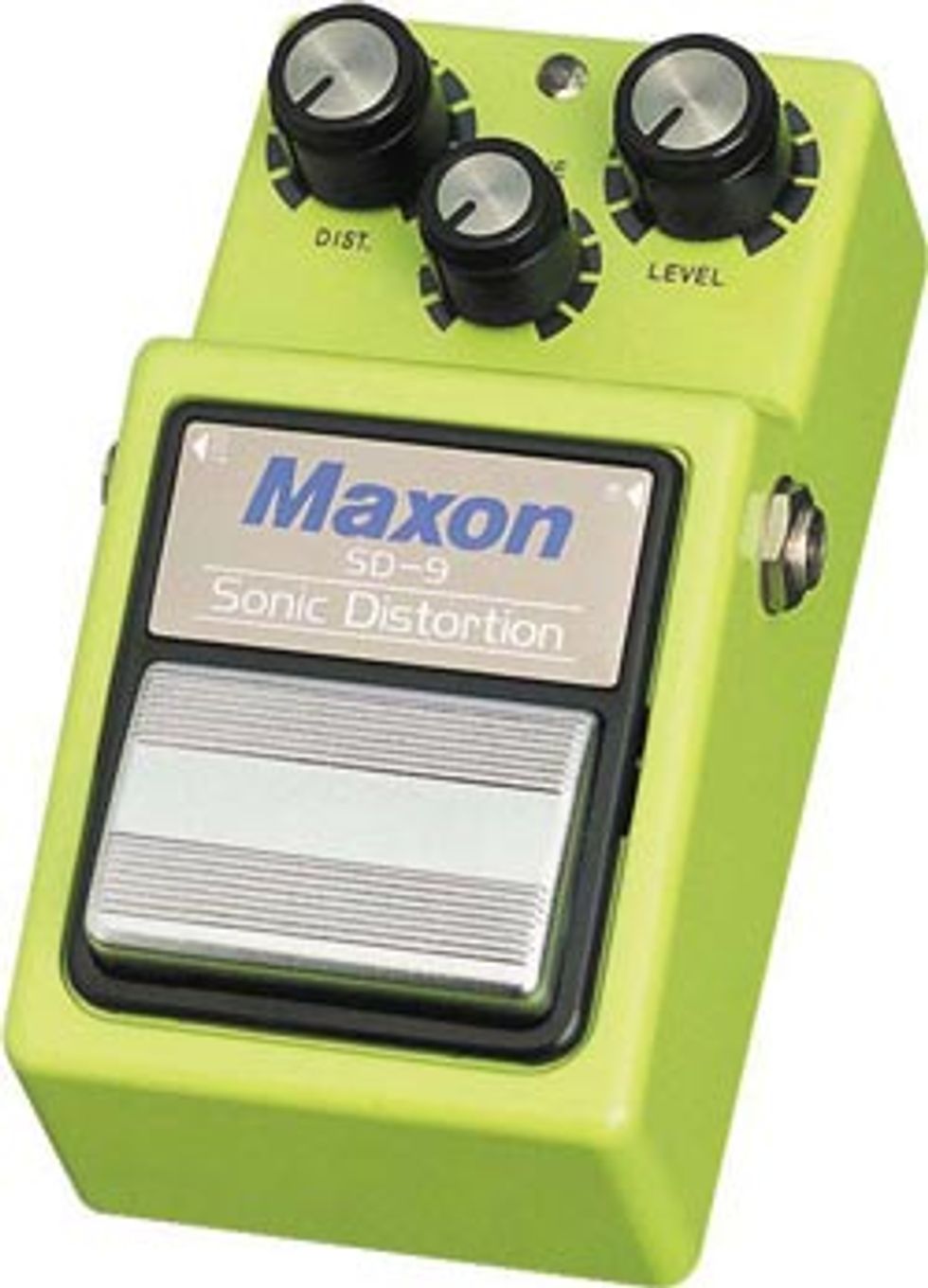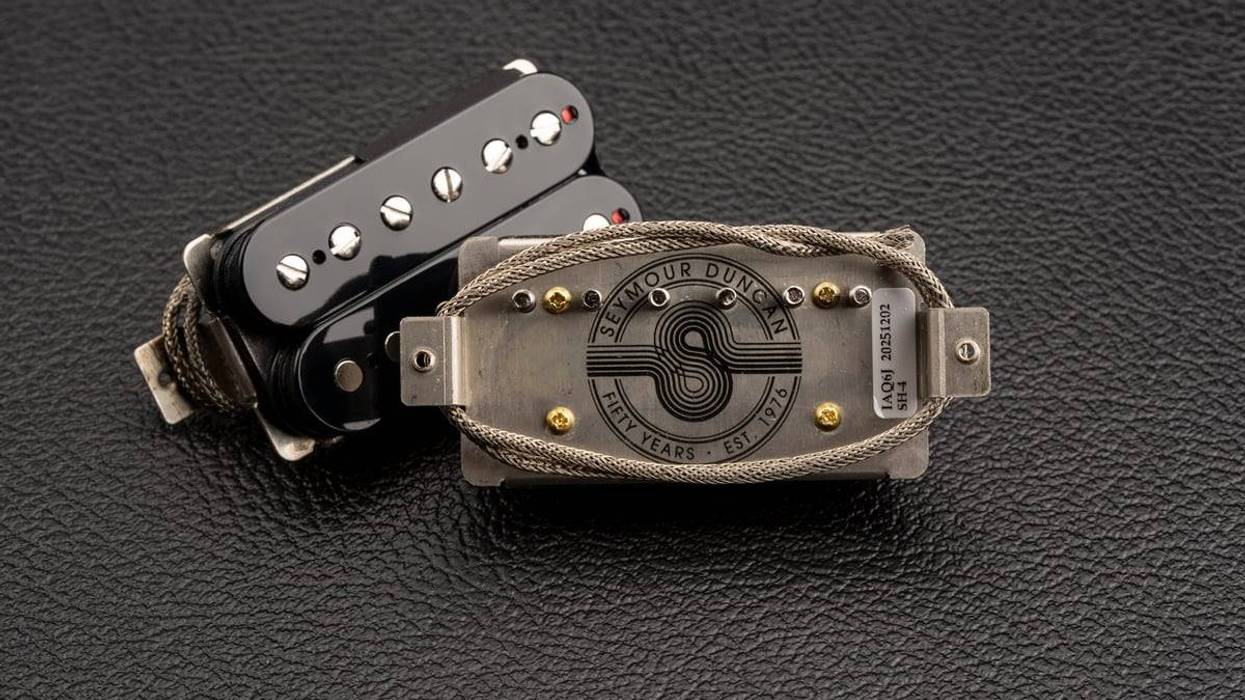Hey there, pedal people! Welcome back to “Stomp School.” This month we’re going to continue our Q & A from Premier Guitar readers. These are answers to questions that have been sent to us in response to the column. If you have any questions for us, please feel free to send them to stompschool@formusiciansonly.com. Okay, on with the Q & A…
Q: I recently became interested in fuzz pedals and it seems there’s a big buzz about what kinds of transistors are used, germanium or silicon. I’m wondering what the difference is between them. A lot of people seem to prefer germanium. Are they really better than silicon or is it just hype?
A: The short answer is that it’s really a matter of preference, and one is not necessarily better than the other. The silicon versus germanium comparison is usually made in reference to a two-transistor fuzz circuit like a Fuzz Face, or in some cases, a three-transistor Tone Bender-type circuit. Generally speaking, germanium fuzz tends to be warmer and less saturated, whereas a silicon fuzz is usually brighter, edgier, and more fuzzed out. The earliest transistors were made of germanium, which is why they’re most often found in vintage fuzz pedals from the sixties. But germanium transistors were prone to failure and sensitive to changes in temperature. By the late sixties, silicon transistors were widely available, offering better consistency and temperature stability, and were usually smaller in size as well. This was considered a great improvement, and germanium transistors became essentially obsolete. The vintage and boutique effects market has single-handedly revived interest in germanium transistors over the past 15 years or so.
Q: Hi. My compressor sounds really noisy. Can you fix it?
A: Any pedal that increases gain will increase the existing noise, but most compressors do not generate much noise themselves. However, a compressor is the opposite of a noise gate—when you stop playing or play too quietly, a noise gate kills the sound (and the normal noise from your pickups, cables, etc). A compressor goes to full gain when you stop playing or play quietly, amplifying the normal noise quite a bit.
The compressor is designed to boost the signal, unless the signal is above a certain sound level. When a larger amplitude signal comes in, that signal tells the compressor to turn the gain down. As the signal fades out, the gain is gradually turned up again. If you feed a compressor a quiet-but-hissy signal, the compressor will have a “hissy fit” and boost whatever you give it until you start playing. If the signal coming from the guitar can be made strong and clean, the compressor itself will behave better.
Keeping the signal before the compressor quiet yet strong is the secret of keeping a compressor quiet. Run your compressor early in your signal chain before effects that may contribute noise, and turn it off when you are done playing for maximum silence. 
A: An actual true bypass pedal should not sound any different with or without a battery. I think all Maxon SD-9 pedals have the 4PDT toggle switch. But older OD-9s had a 3PDT, and did not have true bypass, so they could possibly exhibit that phenomenon. To check the switch type, pull up the foam under the battery: a 4PDT will have 12 solder points. In order to be true bypass and light an LED, the switch will have six wires going to it.
Tom Hughes
(a.k.a. Analog Tom) is the owner and proprietor of For Musicians Only (formusiciansonly.com) and author of Analog Man’s Guide To Vintage Effects. For Musicians Only is also the home of the FMO Gear Shop. Questions or comments about this article can be sent to: stompschool@formusiciansonly.com.
Analog Man
(analogman.com) is one of the largest boutique effects manufacturers and retailers in the business, established by “Analog” Mike Piera in 1993. Mike can be reached at AnalogMike@aol.com.

















